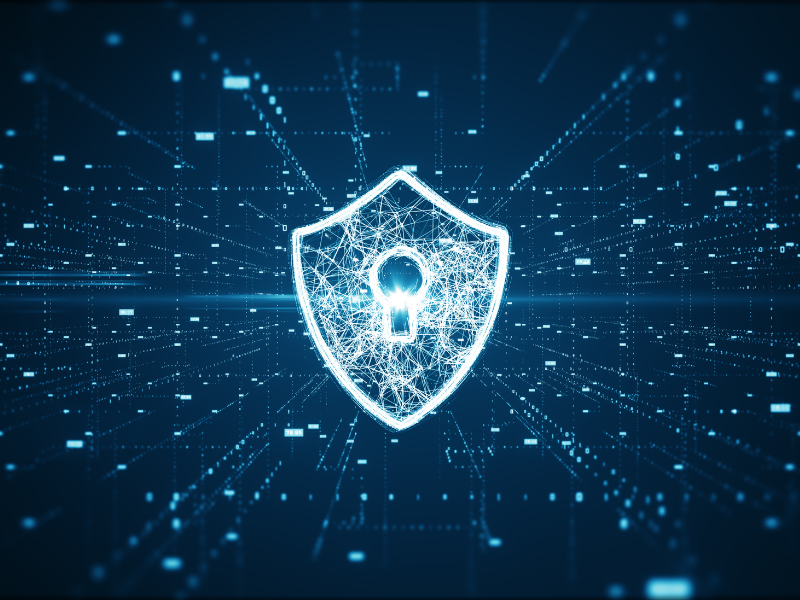Introduction
In the digital age, the threat of cyber attacks is a constant concern for individuals, businesses, and governments alike. As technology advances and cyber criminals become more sophisticated, it is crucial to develop effective cyber defense strategies.

This article will explore the future of cyber defense, discussing the challenges faced and the strategies that can be implemented to mitigate cyber threats. By understanding and implementing these strategies, individuals, and organizations can protect themselves from potential cyber-attacks and ensure the security of their data and systems.
What are Cyber Defense Strategies?

Cyber defense strategies refer to the proactive measures to protect computer systems, networks, and data from unauthorized access, damage, or disruption. These strategies include a combination of policies, technologies, and practices aimed at identifying, preventing, and responding to cyber threats. By implementing effective cyber defense strategies, organizations can safeguard their digital assets and maintain the confidentiality, integrity, and availability of their information.
The Importance of Cyber Defense Strategies

In today’s interconnected world, the importance of cyber defense strategies cannot be overstated. Cyber attacks can have severe consequences, including financial losses, reputational damage, and legal implications. Furthermore, the increasing reliance on digital technologies in various aspects of our lives has amplified the potential risks. Consequently, organizations must prioritize cyber defense to protect sensitive information, maintain business continuity, and preserve customer trust.
Current Cyber Security Challenges
Before delving into future cyber defense strategies, it is essential to understand the current challenges faced by organizations in the realm of cybersecurity. Common challenges include:
- Sophisticated Attacks: Cyber criminals are continuously evolving their tactics, employing sophisticated techniques such as advanced persistent threats (APTs) and zero-day vulnerabilities.
- Insider Threats: Organizations face the risk of internal actors intentionally or unintentionally compromising security measures.
- Human Error: Despite technological advancements, human error remains a significant cause of security breaches.
- Rapid Technological Advancements: The rapid evolution of technology introduces new vulnerabilities that cyber attackers can exploit.
- Information Sharing: The lack of effective information sharing among organizations hampers the ability to detect and respond to emerging threats in a timely manner.
Predicting Future Cyber Threats
To develop effective cyber defense strategies for the future, it is crucial to understand the potential cyber threats that may arise. While it is impossible to predict all future threats accurately, experts have identified several areas of concern:
- Artificial Intelligence (AI) Attacks: As AI technology continues to advance, cybercriminals may leverage AI to launch sophisticated attacks, making it more challenging to detect and defend against them.
- Internet of Things (IoT) Vulnerabilities: The proliferation of IoT devices presents new avenues for cyber attacks, as many IoT devices lack adequate security measures.
- Quantum Computing Risks: The development of quantum computing threatens traditional encryption methods, requiring new cryptographic techniques to secure sensitive data.
- Social Engineering and Phishing: Cyber attackers continue to exploit human vulnerabilities through techniques such as social engineering and phishing scams.
- Ransomware and Extortion: Ransomware attacks, where attackers encrypt an organization’s data and demand a ransom for its release, are expected to become even more prevalent.
By recognizing these potential threats, organizations can stay ahead of cybercriminals and develop robust defense strategies.

